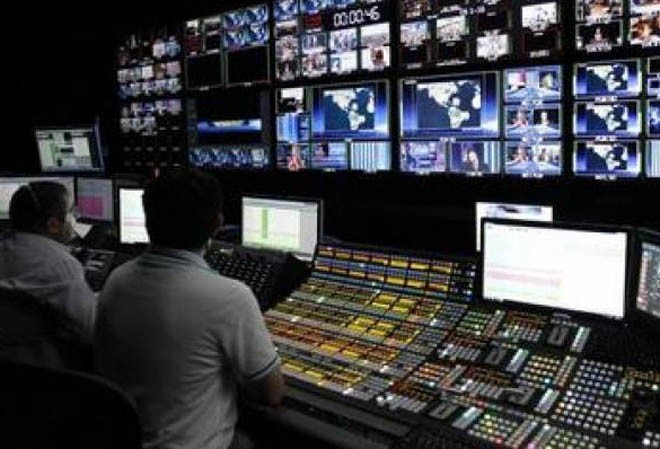
What is the media supposed to do if a case of huge public importance and interest is under trial, or considered by a judge or a bench, or is sub judice so to say?

The verdict by the highest court in the country is out. A fair comment on the judgment is now warranted and is being extensively made. It is perhaps also fair to look at the role of the media during the Panama case hearings, not because it is unique in any manner but because it is too close for an apt analysis and may have lessons for the times to come.
The Panama Papers was indeed a consequence of a sustained journalistic effort, conducted by the reporters at the International Consortium of Investigative Journalists (ICIJ) spread over the world. As the ICIJ exposed the offshore companies of about 140 politicians in more than 50 countries, including the family of our own prime minister, the media in Pakistan hyped the scoop they got, and the opposition especially the Pakistan Tehreek-e-Insaf sought the prime minister’s resignation threatening the country with a lockdown.
Amid the allegations of corruption levelled on a daily basis in full media glare and an uncertain political situation after a failed attempt at consensus TORs for a judicial commission, the Supreme Court decided to step in. It entertained the petitions lying before it for early hearing, a bench was constituted and hence began months of daily hearings.
For an ordinary person, the case was fought by all sides in the subsequent months as much on the media as inside the courtroom. The loud moral calls for accountability and the legalities of the case got strangely mixed in the ‘breaking news’ staple fed to the television-viewing public. The statements of the lawyers and judges were flashed on television screens in real time, following which everyone was free to interpret the day’s proceedings, the judges’ real intent as well as the final outcome of the case.
This happened day in and day out; the proceedings of the court and the media seemed to be engaged in one continuous argument.
Read also: The Panama spectacle
Of course, there were references to erstwhile television interviews of the family under trial which became the ‘facts’ of the case as anomalies were pointed out and presented before the court. But the goings on in the court, the ‘scandal’ itself, remained the electronic media’s favourite story and it appeared that everyone who was called in to comment as an expert relented whole-heartedly -- lawyers, retired judges, analysts.
Incidentally, the print media did not find the Panama case any less tempting and kept editorialising it in one way or the other. And this includes some well-reputed English language papers.
Apart from some ill-informed and unnecessary editorials, lawyers wrote op-eds on one aspect of the case or the other. One wonders if those who considered sub judice as an antiquated idea have had second thoughts after looking at how this case was conducted as well as the judgment. Another lawyer, having listed sub judice as an excuse for not commenting on Panama case, went on and discussed Sharifs’ legal games and how they hire expensive lawyers to get favourable judgments. This while the case was being heard could well have been construed as an attempt to influence the judges.
So what is the media supposed to do if a case of huge public importance and interest is under trial, or considered by a judge or a bench, or is sub judice so to say?
Ideally, there should be a truthful reporting of the case both on electronic and print media -- and the courts can work out a mechanism that nothing happens to the contrary; a direction to Pemra to this effect maybe -- while a comment on the merits or details ought to be left till the judgment appears.
As said earlier, this apparent media-judiciary nexus is nothing new and owes its origins especially to Chief Justice Iftikhar Chaudhry’s court after his restoration. And that restoration as a consequence of the Lawyers’ Movement itself is owed in no small measure to the media.
As the judgment is being slit wide open for discussion, beginning with quotes from Mario Puzo and Balzac, some people think it resonates with the literate tv-watching public. The court judgments are supposed to employ principles of law to the facts of the case and interpret the relevant laws. The populist tone of judgments in this country is being linked somehow to the media coverage of cases. This is a matter that should be seriously considered by the bench and the bar, the media and the society at large.